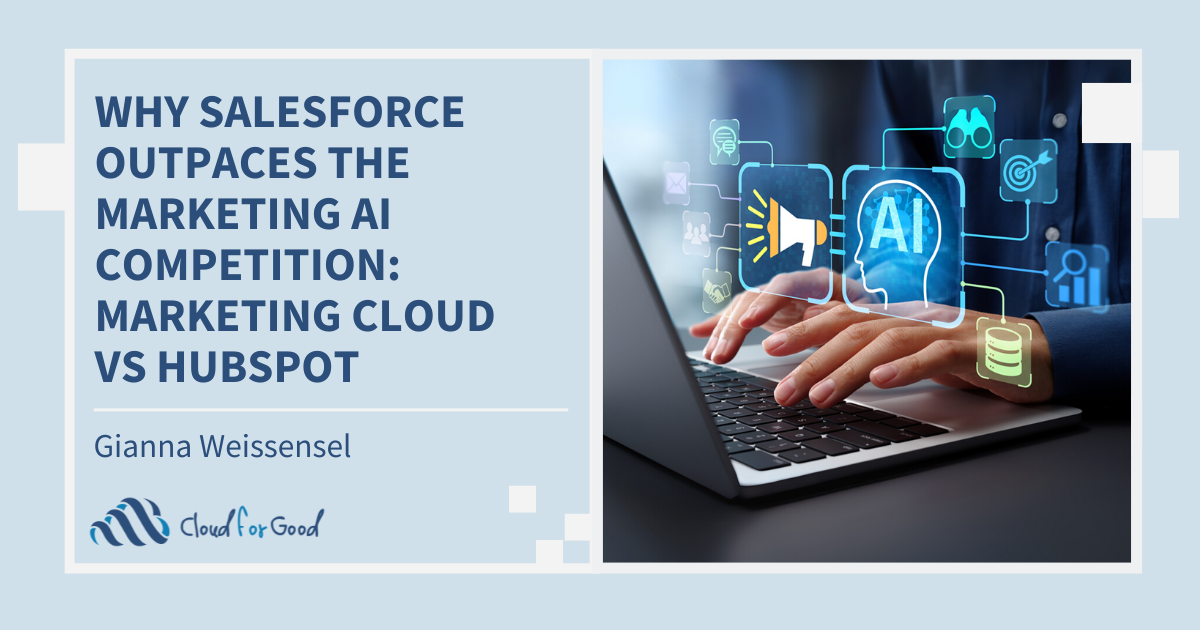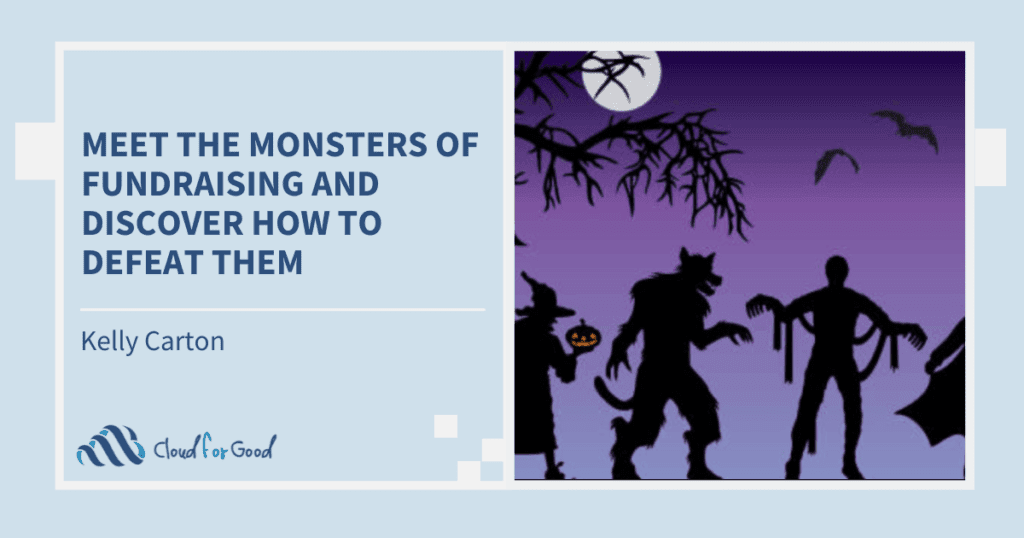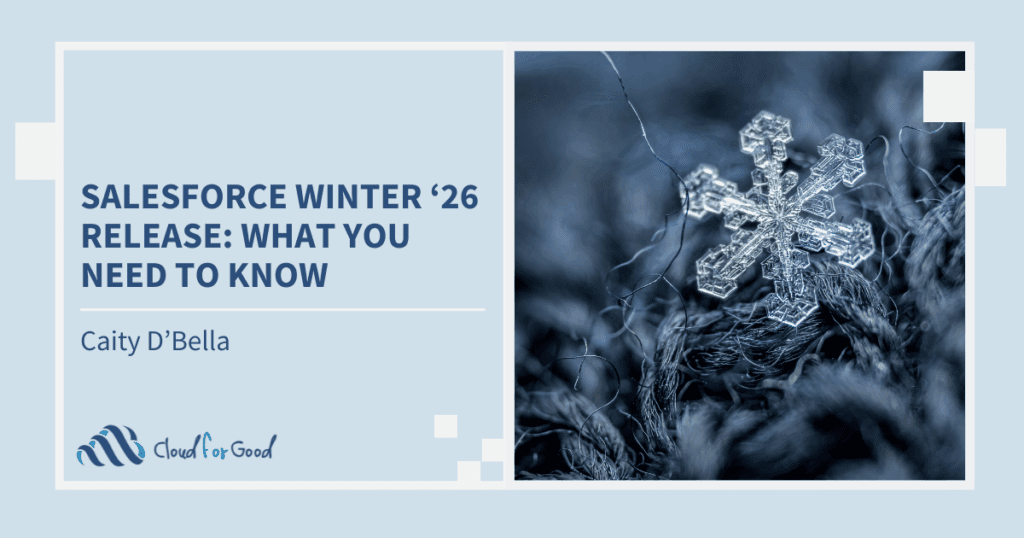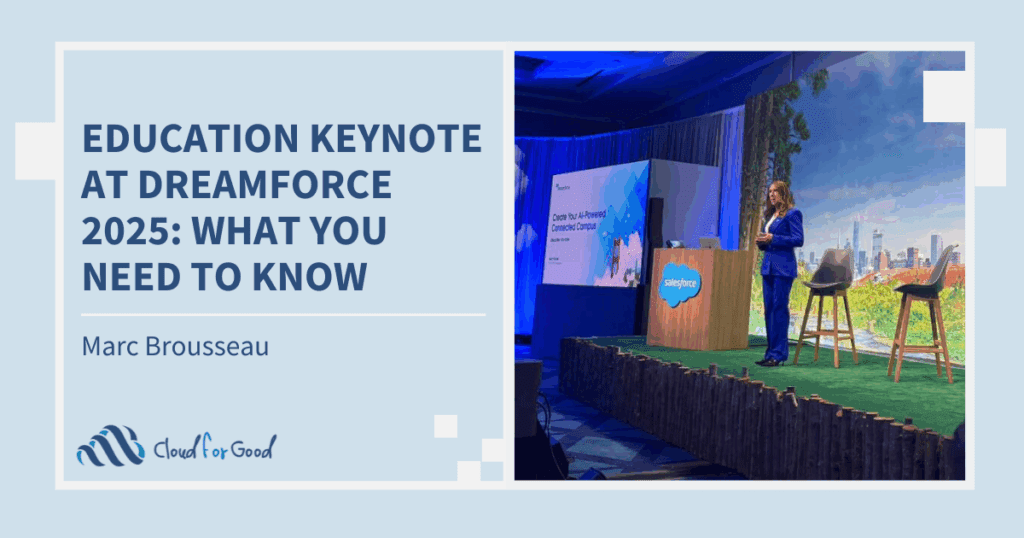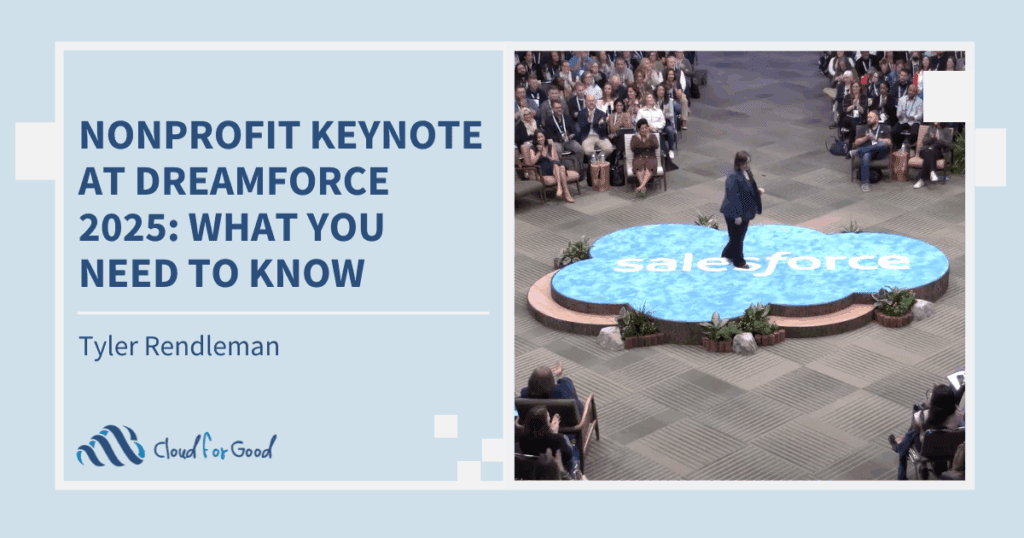Today’s marketing landscape has become more intelligent, automated, and fiercely competitive. For marketers and marketing technology (martech) professionals, the choice of a marketing automation platform is no longer just about managing campaigns; it is also now about harnessing the power of artificial intelligence (AI) to make marketing campaigns smarter, drive growth, faster ROI, and stronger personalization.
In this area, two solutions stand out: Salesforce Marketing Cloud and HubSpot. We’ve previously compared how Salesforce and HubSpot both offer powerful marketing automation solutions and why Salesforce Marketing Cloud’s ability to maintain versatility and accommodate unique marketing needs across organizations and institutions creates a clear advantage over HubSpot. Since then, both Salesforce and HubSpot have launched additional and updated tools and capabilities powered by AI. While both Salesforce and HubSpot offer compelling AI-powered tools, a closer examination of their current offerings reveals a clear frontrunner. This year, Salesforce Marketing Cloud’s AI, particularly with the rollout of Marketing Cloud Next in July and Agentforce in 2024, has established a definitive edge over HubSpot’s AI marketing solutions, especially for organizations poised for significant growth and robust data-driven strategies.
In this post, we compare Salesforce Marketing Cloud’s AI for marketing with HubSpot’s AI for marketing, diving deep into their features, performance, scalability, and results. If you’re a marketing expert, martech leader, digital strategist, or revenue operations leader for a nonprofit organization or higher education institution evaluating enterprise-grade platforms that support successful marketing results, this breakdown is for you.
The New Frontier of Marketing: Agentic AI
The conversation around AI in marketing has evolved from simple task automation to the realm of “agentic AI”—autonomous AI-powered agents capable of planning, executing, and optimizing complex marketing campaigns, processes, tasks, and more. This is where Salesforce is making its most significant strides, especially with its new initiative and vision for the future of marketing as agentic marketing with its Agentforce platform.
Agentforce is not merely a set of AI features or an AI assistant bolted onto an existing platform. For marketing leaders, integrating Agentforce into marketing represents a revolutionary shift towards using AI as an intelligent engine for growth, personalization, and connected experiences across every marketing touchpoint. This leap from AI as an assistant to AI as a collaborator and strategist is a game-changer for organizations’ marketing teams. For example, imagine defining a high-level goal for your nonprofit organization’s or higher education institution’s marketing platform, such as “increase constituent lifetime value by 15% in the next quarter.” Agentforce, particularly in Marketing Cloud Next, is designed to translate that objective into a multi-step, cross-channel campaign and can autonomously segment audiences, generate personalized content, orchestrate constituent journeys, and reallocate budget in real-time based on performance.
While HubSpot’s Breeze Agents are a commendable step into AI, they currently function more as sophisticated assistants for specific marketing tasks like content creation, social media management, and constituent support. Breeze Agents are also undoubtedly valuable for streamlining and automating workflows, especially for small to mid-sized businesses (SMBs), but they don’t offer the same level of autonomous, goal-driven campaign orchestration as Salesforce’s Agentforce yet. Agentforce AI agents can serve as powerful, purpose-built assistants for marketing tasks like content creation and social media management in Marketing Cloud Next too, but for marketing teams looking to operate at scale and speed, the ability to delegate entire campaign frameworks to an AI agent is a significant competitive advantage that we have yet to see from HubSpot.
The Power of Predictive Intelligence: Beyond Basic Insights
At the heart of effective AI-powered marketing lies the ability to not just understand past behavior, but to also accurately predict future actions. This is another area where Salesforce’s marketing AI capabilities and features, alongside its data infrastructure, give it a distinct advantage.
Salesforce Einstein, the long-standing AI engine powering the Salesforce ecosystem, offers a depth of predictive capabilities that HubSpot is still working to match. Currently, Einstein AI powers several advanced features in Marketing Cloud, enhancing marketing strategies with more robust, predictive insights and automations like:
Advanced Predictive Scoring
Einstein AI goes beyond simple lead scoring—analyzing constituent, student, or donor data to predict the likelihood of a wide range of specific actions and outcomes, such as donation amounts, propensity to give, courses taken, or engagement with certain content. This allows marketers to prioritize high-value leads, tailor their strategies accordingly, and deliver more proactive, personalized marketing interventions.
Predictive Audiences
Einstein AI can automatically identify and build audiences of individuals who are likely to take a specific action, even if they haven’t explicitly shown intent. By leveraging AI, marketers can create highly targeted audience segments based on predicted behaviors and preferences, ensuring more personalized and effective marketing campaigns. It is also a powerful tool for expanding reach and uncovering new segments.
Send Time Optimization and Engagement Frequency Optimization
Einstein AI analyzes past behavior and engagement patterns to determine optimal times to send emails to each individual recipient to make sure your message is at the top of their inbox when they are most likely to check their mail. It also helps marketers find the right balance in communication frequency, preventing email fatigue while maintaining high engagement levels. Consequently, this maximizes open rates, click-through rates, and engagement while minimizing the number of unsubscribes.
HubSpot also offers AI-powered analytics capabilities through its Breeze Intelligence solution and predictive lead scoring, but the depth and breadth of Salesforce’s predictive intelligence, fueled by the comprehensive data within the broader Salesforce ecosystem (including Sales Cloud and Service Cloud), provides a more holistic, comprehensive view of an individual.
Data as the Foundation of AI: A Tale of Two Data Architectures
AI is only as good as the data it runs on and has access to, so the effectiveness of any AI is directly proportional to the quality and depth of the data it can access. Salesforce and HubSpot each employ distinct data architectures, and these differences have substantial implications for their AI capabilities.
Salesforce Marketing Cloud is built on Data Cloud, which is part of the core Salesforce Platform. Data Cloud is a highly extensible and customizable data model, allowing enterprise-level organizations to integrate, unify, and harmonize data from a vast array of data sources, including transactional, behavioral, third-party, and unstructured data, into one centralized location that every department can access and build 360-degree comprehensive views of their contacts. By having access to this rich, integrated, unified robust data foundation, Salesforce’s AI can then deliver more accurate predictions, more nuanced, stronger personalization, and more impactful automations and decisions.
HubSpot, while offering a user-friendly and integrated platform, has historically been more focused on the needs of SMBs (small and medium businesses). While its data capabilities are improving, it can present limitations for large enterprises with complex data ecosystems and the need for granular data control and customization. For marketers who need to leverage complex, multi-faceted constituent data to fuel their AI-driven strategies, Salesforce’s data architecture provides a more scalable and powerful foundation.
The Enterprise Advantage: Scalability and Flexibility
For large and growing businesses, the ability of a marketing platform to offer flexibility and to scale and adapt to evolving needs is paramount. Salesforce has long been a go-to choice for enterprises seeking flexibility and scalability, and its AI capabilities are no exception.
The level of customization and configurability available in Salesforce’s Marketing Cloud Engagement solution allows organizations to tailor the platform and workflows to their specific business processes and objectives. This is especially crucial for organizations with unique constituent journeys and need deep data analytics and AI-driven automation. Marketing Cloud Engagement’s robust, open APIs and extensive partner ecosystem further enhance its adaptability. And, in Marketing Cloud Next, users have the ability to build their own custom Agentforce AI agents tailored to their nonprofit or institution’s unique use cases. This gives them the flexibility and control they need to drive outcomes with AI agents.
HubSpot’s ease of use is one of its greatest strengths, but this flexibility can sometimes come at the cost of the deep customization and scalability required by enterprise-level marketers. While HubSpot is continually expanding its enterprise features, Salesforce’s regular product investment and roadmapping gives it a clear advantage in 2025 for organizations like nonprofits and higher ed institutions with complex needs and ambitious growth trajectories.
The Verdict: A Clear Choice for the Future-Focused Marketer
For marketers and martech professionals planning their marketing strategies in today’s competitive landscape, the choice between Salesforce’s Marketing Cloud product suite and HubSpot’s marketing solution hinges on their ambition and the complexity of their marketing needs.
HubSpot remains an excellent choice for SMBs and organizations that prioritize ease of use and an all-in-one solution for their core marketing, sales, and service needs. Its AI tools are valuable for streamlining workflows and gaining efficiencies.
However, for enterprise-level organizations and those with a vision for truly data-driven, autonomous, and highly personalized marketing at scale, the AI capabilities in Salesforce’s Marketing Cloud products make it the clear leader in 2025. Salesforce’s investment in agentic AI with Agentforce, the depth of its predictive intelligence with Einstein, its robust and scalable data architecture, and its flexibility and customization capabilities provide a powerful and future-proof platform for marketers across industries who are serious about winning in the age of AI. And, for nonprofit and higher education marketers seeking solutions with marketing AI tools tailored to their specific industry, Salesforce offers a specialized version of Marketing Cloud for nonprofits, while Marketing Cloud can be integrated seamlessly with Salesforce Education Cloud.
The future of marketing is not just about doing things faster; it’s about doing things smarter. In 2025, Salesforce Marketing Cloud provides a more intelligent path forward for the future-focused marketer.
You Might Also Enjoy
Blog: Agentic Marketing with Salesforce: Exciting Marketing Announcements at Connections 2025
Video: Unlocking Insights With Marketing Cloud Intelligence
Blog: Lessons Learned from Giving Tuesday: Maximize Your Success with Omnichannel Marketing Best Practices
Blog: Taking Your Marketing Automation To New Heights: Marketing Cloud vs. HubSpot

